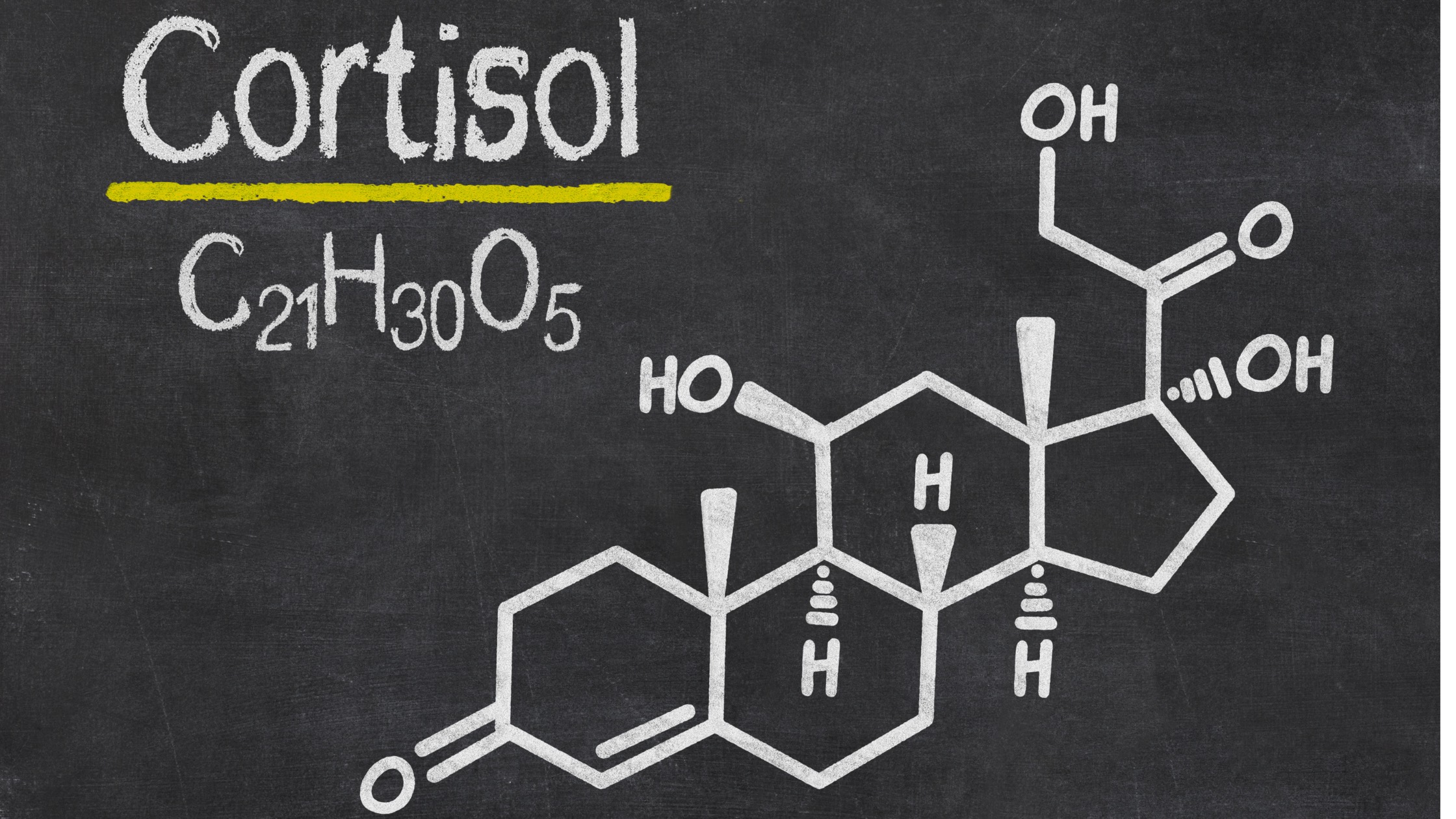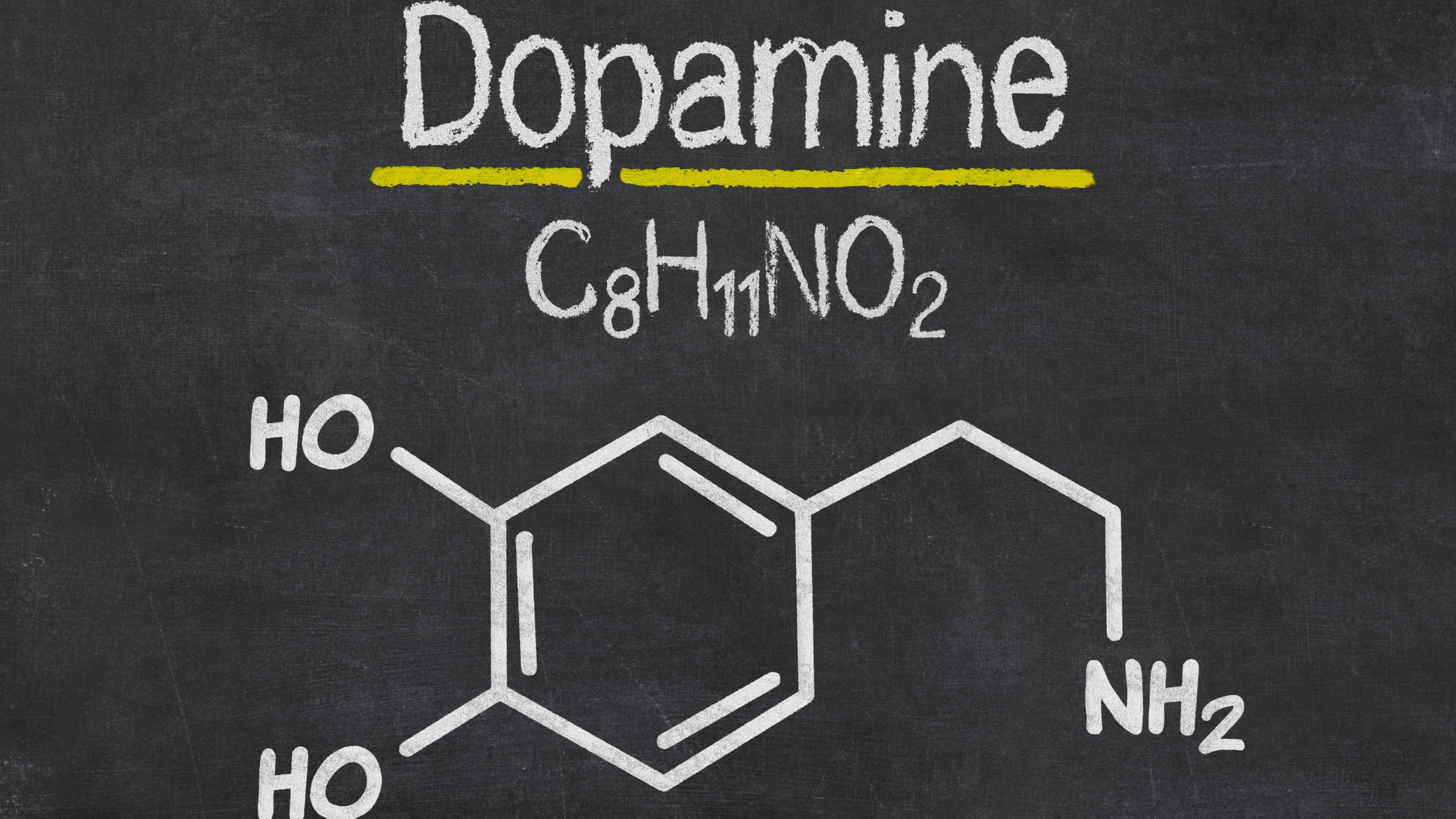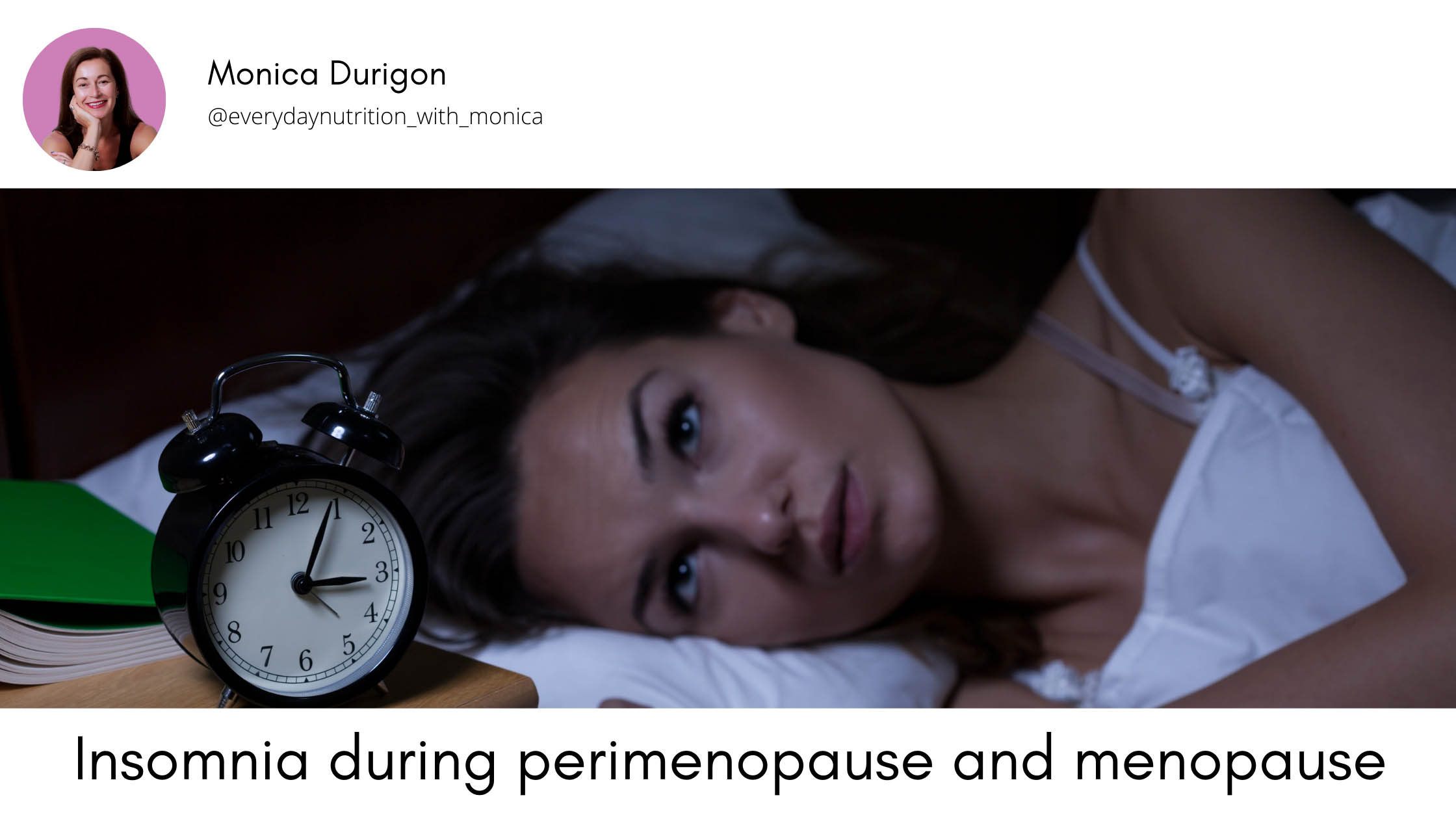In this blog, I will explain how your hunger can be connected, actually triggered by your stress.
You will learn
- The different types of stress
- The influence of stress on your brain,
And most importantly …
- What to do to avoid stress eating!
Nowadays, it is pretty common to face stress in our daily life… our workload is big. As women, we tend to take on other people’s stress, too… because we are kind and empathetic humans … the problem arises when facing too many stressors without investing the necessary counterbalancing care and boundaries!
But that is a topic for a whole new training!
So, if your days are punctuated by stress, and you never feel as if you have eaten enough … read carefully as I will explain why that happens and what you can do about it.

Acute vs Chronic Stress
There are two types of stress we experience: short-term or acute stress and long-term or chronic stress.
During acute stress situations, we secrete adrenalin, which gives us the rush we feel when we get scared. In those acute stress scenarios, hunger is suppressed during the fight or flight response because your body knows that eating at that moment is not what it needs to do!
Instead, your body systems gear up for running away or facing the current stressor… digestion is not one of those systems!
If the emergency ends quickly, your system resets, and the hormones secreted for action quiet down again, moving you from the “fight or flight” chemistry to “rest and digest” chemistry.
However, if the emergency continues, the hypothalamus, a tiny gland in your brain, starts releasing a cascade of hormones. One of these hormones is cortisol, often referred to as the stress hormone.

Cortisol, Stress, and Hunger
One of the functions of cortisol is keeping your body ready for action. And it does this by “talking to your liver” and asking it to release glucose into your bloodstream. This mechanism ensures that your muscles and organs have plenty of energy to face the stressor. If the stressor goes away, your body resets into “rest and digest “
The problem is that many of us experience constant stress, so we continually push this cortisol gas pedal. When chronically elevated, cortisol promotes hunger and cravings, making you more inclined to overeat.

Ghrelin “The Hunger Hormone” and Stress
But cortisol does not act alone. Ghrelin can also increase. Ghrelin is also known as the hunger hormone. Studies have shown how the cells in our stomach secrete ghrelin in stressful situations.
Cortisol and ghrelin are both implicated in increased hunger, but not only, but other hormones are also released in response to us eating “comfort foods” that give us a false sense of relief.

The “false” well-being effect of Comfort Food & Dopamine
I have already offered some training on how sugar and refined carbs influence the brain. I explained how these foods get absorbed into your system quickly and mixed with just the right amount of fat to make them irresistible.
When you eat these types of foods, your brain releases dopamine. Dopamine has a calming and relaxing effect and leaves an “imprint” of this “good feeling “ on your brain, which, in the long term, causes addiction to those foods.
So, next time you feel stressed, your brain tells you that to feel better, all you have to do is reach out to your chocolate cookies, the bar of chocolate or the bag of crips …

How to Avoid Stress Eating
There are two types of strategies that I teach in my Fit and Focused Formula Programme. Short-term and long-term strategies. Today, in part one of this training, I give you some short-term strategies to adopt in the moment of need whilst you work at establishing a longer-term approach.

#1 Be clear on your reason not to eat
This strategy is part of a more comprehensive reflection and attitude towards your self-care. However, it can be applied in an acute situation as well. When you are about to reach for your comfort food, having a visual reminder of your long-term health goals can act as a deterrent and help you to choose strategies #2 and #3.
Leave visual reminders in your environment focusing on your whys …why it is not a good idea to rely on food for comfort and what it means for your long-term goals. Think about your progress so far… remind yourself that you don’t want to self-sabotage.
Post-it notes, computer and telephone screensavers, and your daily intentions …these are all excellent ways to remind yourself why not to eat the bar of chocolate! But also post it notes on your fridge, kitchen cupboards ..anywhere where you might keep those comfort foods.

# 2 “Debug” your kitchen!
Don’t buy it! Make comfort food pretty tricky to access! Clear out your cupboards, and your fridge from anything you know can be too tempting to resist in a stressful moment! Out of your sight, out of your stomach!
This is more difficult if you have a young family or work in an office where your colleagues celebrate everything with cake and biscuits. In that case, I recommend that you come up with a couple of healthier options you might rely on when temptations are all around you.
What could you have available instead of the crisps, cookies, chocolate, biscuits, and pizzas …? Olives, crispy kale, nuts, seeds, berries, and yoghurt are all much better options.

# 3 Use a “breaker”
When you feel the urge to eat, acknowledge it, pause and use a “breaker”. This can be an activity or a thing that acts as an off switch. Think and prepare some breakers ahead, so you are ready to switch off your urge.
Examples of breakers are:
Drinking herbal tea. Especially beneficial are Three Cinnamons Tea, Lemon, Ginger and Manuka Tea, and Three chamomiles by Pukka. They are relaxing and have a gentle, sweet taste. Tea is very hot, so it takes you a long time to sip. This will give time for the hormone that signals your brain that you are full to deliver its message.
Tooth brushing. This changes the flavour in your mouth and can act as a deterrent to eating after you have brushed your teeth. Use toothpaste which is rich in flavour so the taste in your mouth will last for a long time.
Chewing on some mastic. Mastic is a natural resin from a large evergreen shrub that grows in Greece. It has many beneficial properties. It is a natural disinfectant for the oral cavity and supports your gastrointestinal health by aiding digestion and reducing acidity.
Choose the short-term strategy that works better in your particular circumstance and start to apply it immediately.
The biochemistry that helps you
In part 2 of this blog, I will set a longer-term strategy by sharing how to create biochemistry in your body that helps you through a stressful situation.
Don’t miss out on my next blog, and if you wish to know more about my Fit and Focused Formula Programme, BOOK A CALL WITH ME. We can discuss your needs and how I can help you.
With love, energy and care,






0 Comments